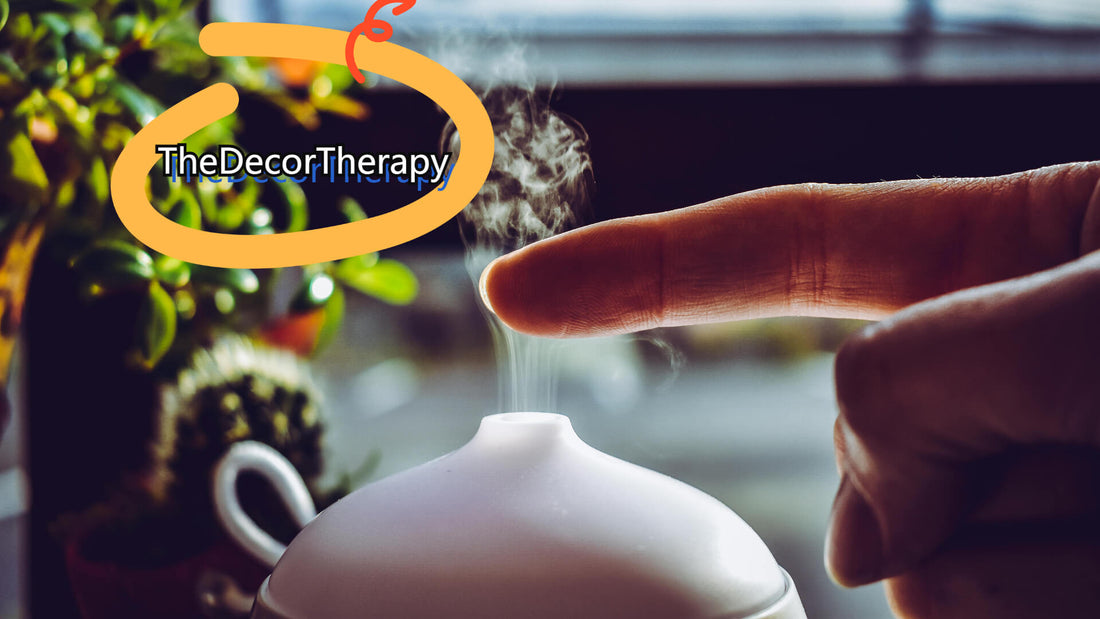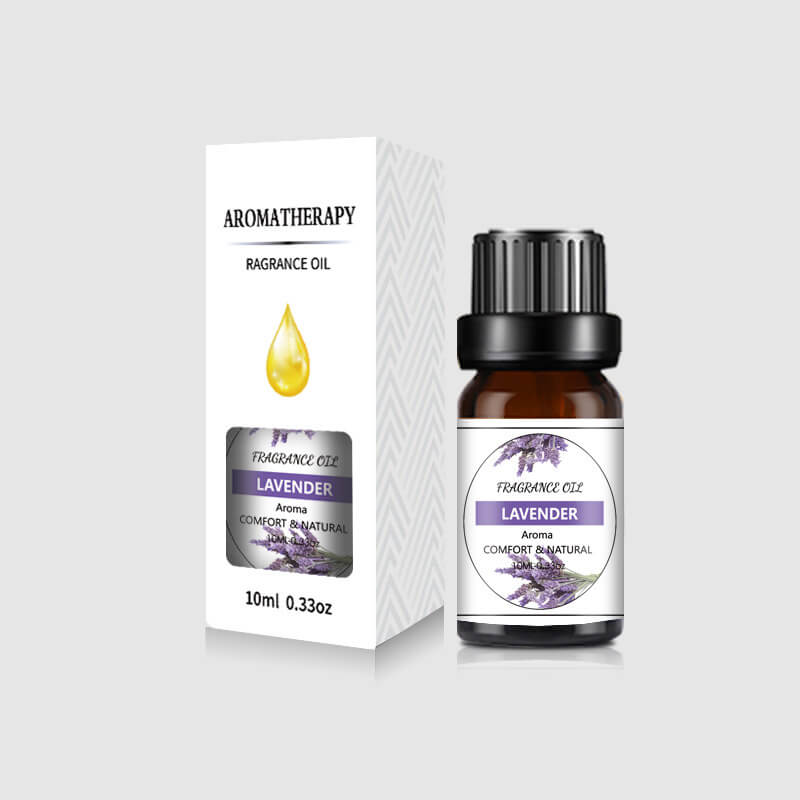Aroma diffusers have become increasingly popular for their ability to enhance the ambiance of any space while offering potential therapeutic benefits. When choosing oils for your diffuser, consider factors to maximize your aromatherapy experience.
What is an Aroma Diffuser?
An aroma diffuser is a device designed to disperse essential oils for diffusers into the air, creating a pleasant and therapeutic atmosphere. These devices use ultrasonic technology to break down essential oils into tiny particles for diffusing as a fine mist. Aroma diffusers come in various designs, including ultrasonic, nebulizing, and heat-based diffusers, each offering unique benefits and features.
What are Aroma Diffuser Essential Oils?
Essential oils for diffuser are concentrated plant extracts that are used to add fragrance to the air when used with an aroma diffuser. These oils are derived from various parts of plants such as flowers, leaves, stems, and roots and are known for their therapeutic properties. Best essential oils for diffuser are often chosen based on their aroma and potential health benefits, making them a popular choice for aromatherapy oils enthusiasts.
10 Popular Types of Aroma Diffuser Essential Oils
Selecting essential oils for a diffuser can feel overwhelming due to the numerous options available. Here are 10 popular types of essential oils for diffuser, each with its unique fragrance and potential therapeutic benefits:
- Lavender Oil: Lavender oil is widely recognized for its calming and relaxing properties. Lavender oil may help with anxiety and sleep quality, according to the National Center for Complementary and Integrative Health.
- Peppermint Oil: Peppermint oil is known for its invigorating scent and potential health benefits. The European Medicines Agency acknowledges peppermint oil's use for relieving symptoms of indigestion and promoting respiratory health.
- Eucalyptus Oil: Eucalyptus oil is often used to relieve congestion and support respiratory function. Research published in Evidence-Based Complementary and Alternative Medicine suggests that eucalyptus oil inhalation can improve airflow in individuals with respiratory conditions.
- Tea Tree Oil: Tea tree oil possesses antimicrobial properties and is commonly used for its cleansing effects. The Australian Government Department of Health recognizes tea tree oil for its potential as a natural antiseptic.
- Lemon Oil: Lemon oil has a refreshing citrus scent and may offer mood-boosting effects. Studies suggest that lemon oil inhalation can help reduce stress and improve mood.
- Bergamot Oil: Bergamot oil is praised for its citrusy yet floral aroma and potential stress-relieving properties.
- Frankincense Oil: Frankincense oil has a woody and earthy fragrance and is often associated with spiritual and relaxation practices.
- Rosemary Oil: Rosemary oil is renowned for its stimulating scent and potential cognitive benefits.
- Chamomile Oil: Chamomile oil has a sweet and floral aroma and is valued for its calming effects.
- Sandalwood Oil: Sandalwood oil offers a rich and grounding fragrance, often used in meditation and relaxation practices.
How to Choose High-Quality Aroma Diffuser Essential Oils
When selecting oils for diffuser, it's crucial to choose high-quality oils that are pure and free from additives. Look for oils labeled as 100% pure and therapeutic grade, and consider the source of the oils. Organic or wildcrafted oils are often preferred for their purity and sustainability. Additionally, pay attention to the scent and choose oils that resonate with you personally.
In conclusion, choosing oils for diffuser is a personal journey that can enhance your well-being and create a soothing atmosphere in your home or workspace. By selecting high-quality essential oils for diffuser and considering their potential therapeutic benefits, you can enjoy the many advantages of essential oil scents.



